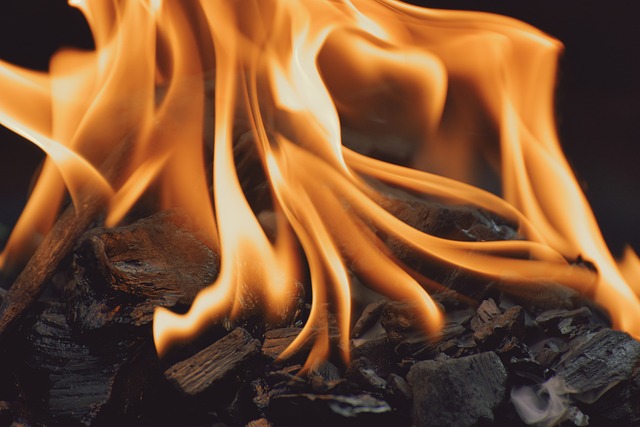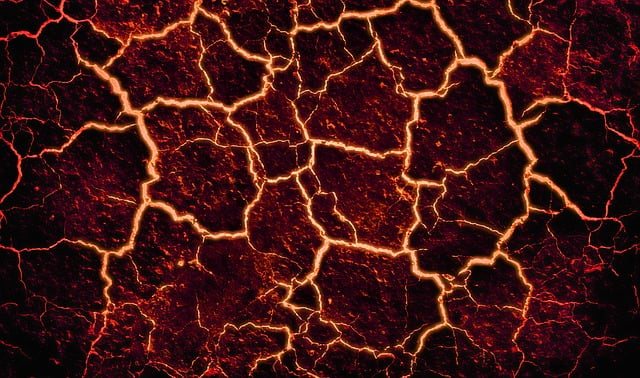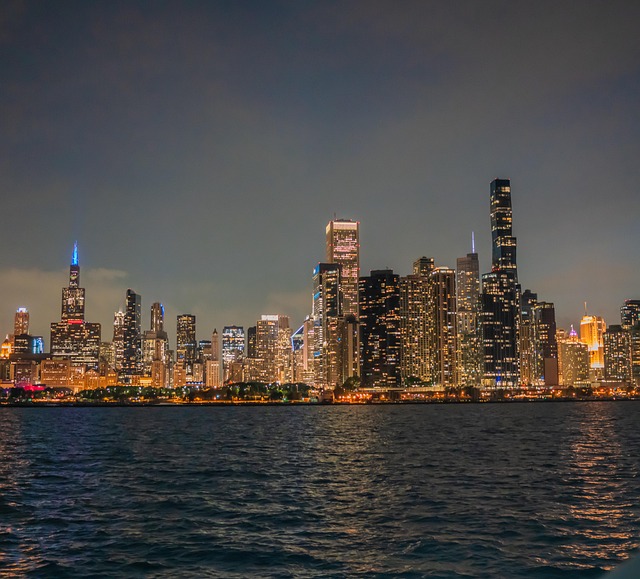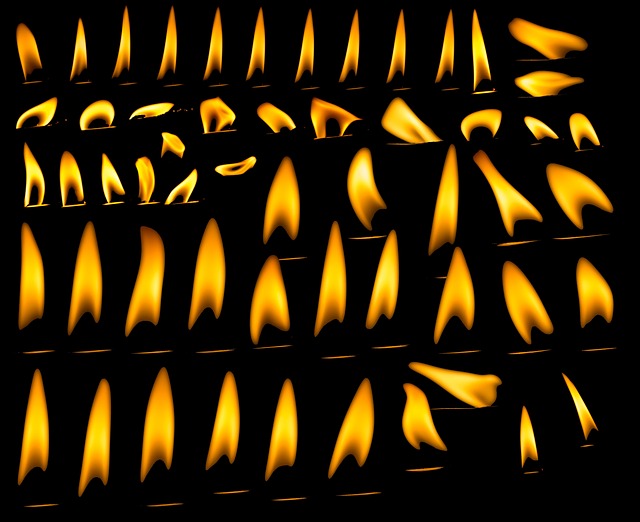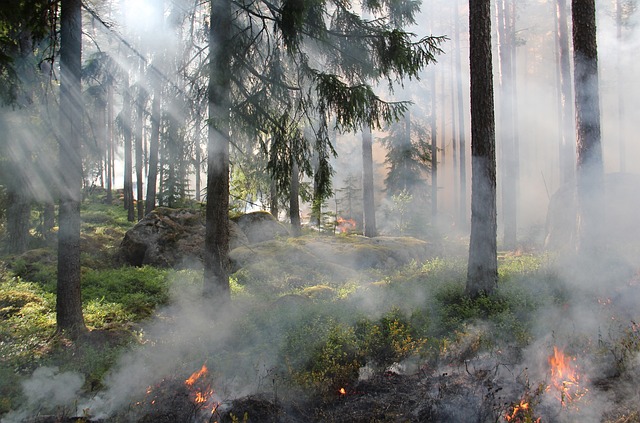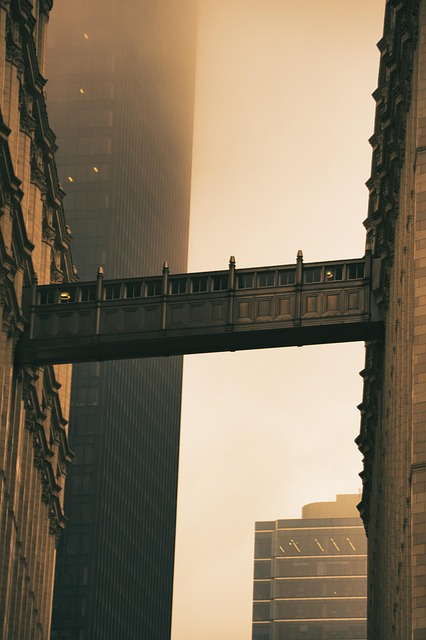In Chicago's competitive real estate market, house flipping is popular among investors who buy undervalued or distressed properties, rehabilitate them, and resell at higher prices. The city allows the sale of fire-damaged homes, offering unique opportunities with local construction knowledge. Strict building codes, a robust renovation infrastructure, and strategic targeting of high-demand areas make Chicago ideal for successful flipping. Demographic shifts, neighborhood dynamics, and understanding real estate trends are crucial for flippers to cater to specific markets.
In Chicago’s dynamic real estate market, house flipping specialists have mastered the art of transforming properties. This article delves into the world of these experts, offering insights on navigating the unique challenges of selling fire-damaged homes in the city. From understanding the local market to implementing successful strategies and overcoming legal hurdles, we explore essential considerations for aspiring flippers. Discover marketing techniques that drive sales, learn from case studies showcasing fire-damaged transformations, and gain expertise on building a robust network of contractors. Prepare to be empowered with knowledge for thriving in Chicago’s house flipping scene, including trends, common mistakes to avoid, and metrics for measuring success.
Understanding House Flipping in Chicago's Real Estate Market
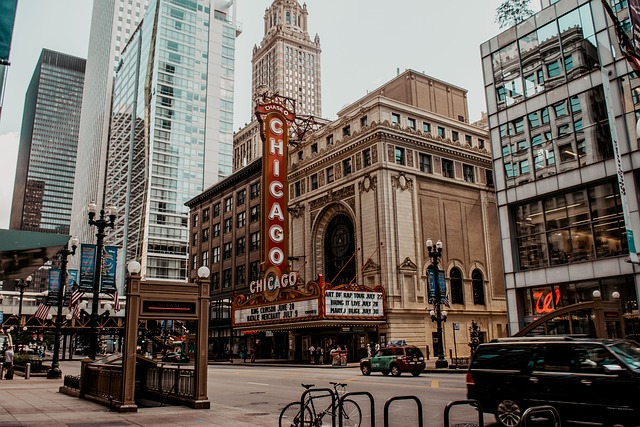
In Chicago’s competitive real estate market, house flipping has emerged as a popular strategy for investors. It involves purchasing undervalued or distressed properties, rehabilitating them, and then quickly reselling at a higher price to turn a profit. This practice is particularly appealing in areas with high demand and limited supply, such as the city’s inner-ring neighborhoods. One unique aspect of Chicago house flipping is the potential to sell fire-damaged homes. While a structure with significant fire damage may seem like a challenge, skilled flippers can transform these properties into desirable residences by assessing the extent of repairs needed and leveraging their knowledge of local construction practices.
With strict building codes and a robust renovation infrastructure, Chicago provides ample opportunities for creative flipping strategies. Investors can target areas where rehabilitation projects are in high demand, ensuring there’s a ready market for their finished products. Moreover, understanding the city’s unique real estate trends, including demographic shifts and changing neighborhood dynamics, is crucial for successful house flippers. For instance, revitalizing older homes to cater to young professionals or families can be a lucrative approach in rapidly growing communities.
In Chicago’s dynamic real estate market, house flipping offers both challenges and opportunities. While repairing a fire-damaged property can be complex, experienced flippers have the resources and expertise to transform these homes into profitable investments. By understanding local regulations and leveraging innovative renovation strategies, specialists like those in Chicago are revitalizing neighborhoods one flipped property at a time, proving that even damaged properties can become desirable assets. If you’re considering selling a fire-damaged house in Chicago, engaging with reputable flippers who specialize in such projects could be the key to unlocking its potential value.

